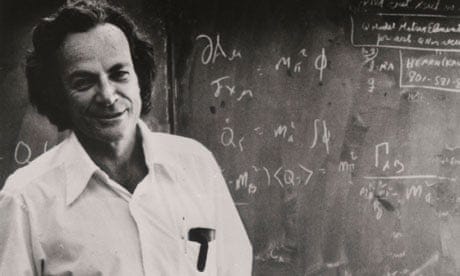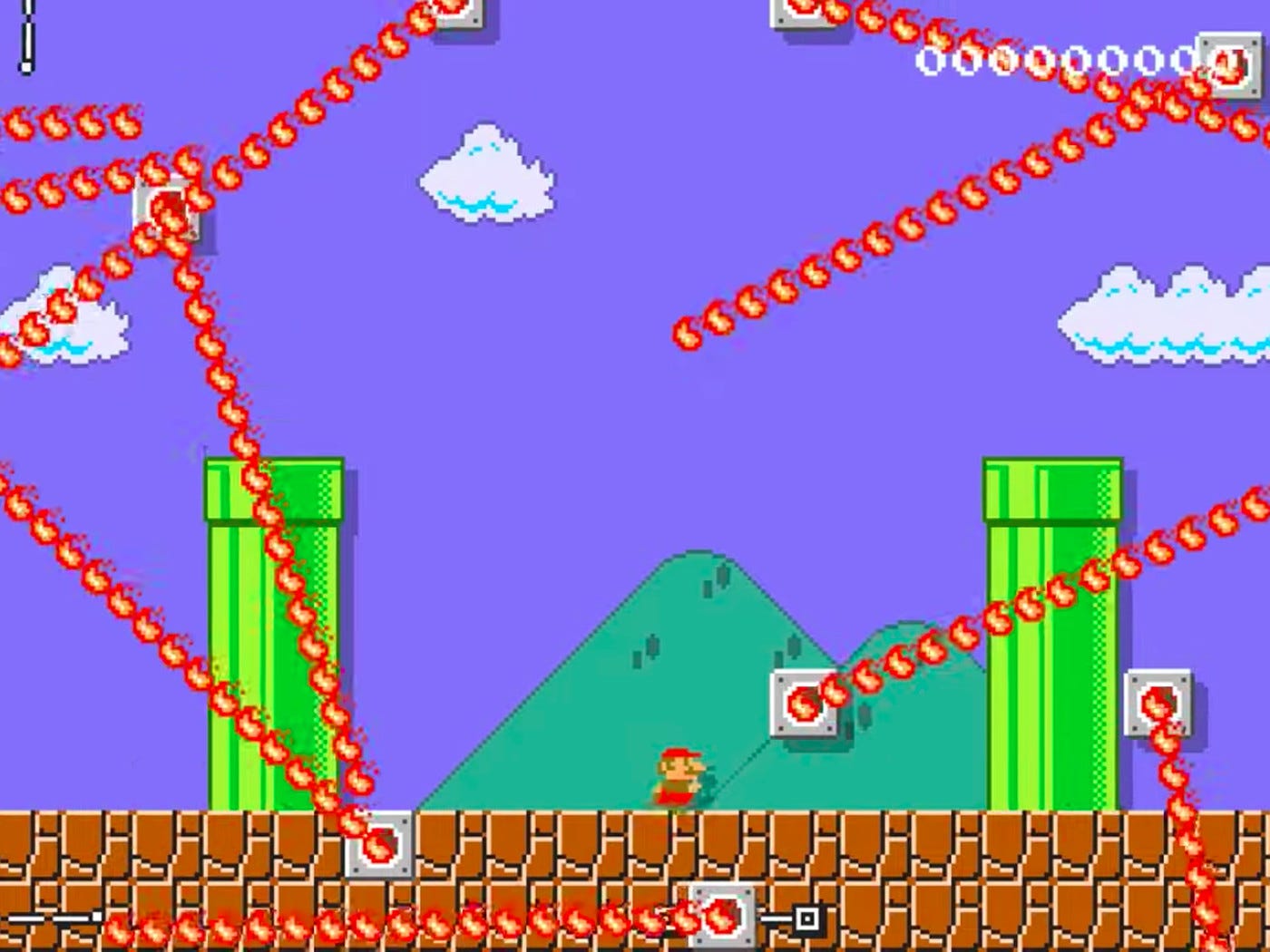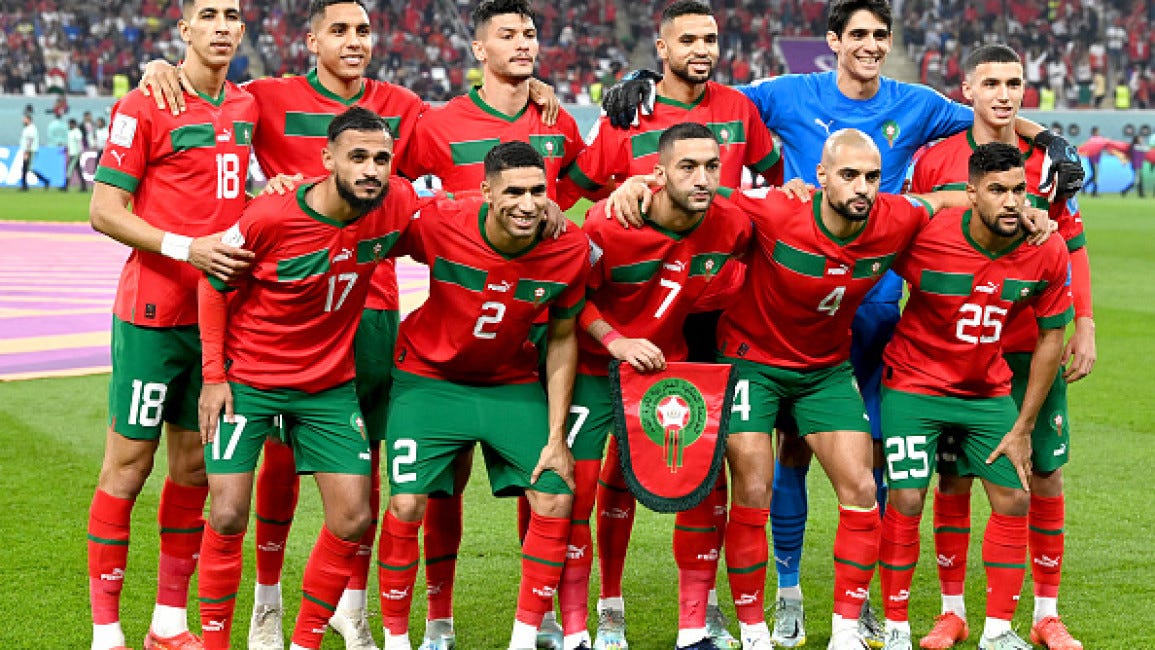My favourite problems
We may never really know the answers to all our problems, but we need to be clear on what problems we care about
I first heard about Richard Feynman’s 12 problems during a writing workshop run by David Perrel. Whereas most people are obsessed with answers, the famed physicist liked to keep a list of his favorite problems handy so that they would always be present. He would refine the questions and improve them over time. He knew the importance of focus.
The problems we seek to solve, consciously or unconsciously, are what define us. In an age of exponential distraction, focus is priceless. When all is said and done, our lives are nothing more than the sum of what we’ve managed to pay attention to.
Focusing is not easy, but it’s made easier when you enlist others with you on that quest. It’s much easier to stay with a problem if you have others to hold you accountable and to help you see further.
As Henrik Karlsson wrote last year, “a blog post is a very long and complex search query to find fascinating people and make them route interesting stuff to your inbox”. In many ways this has already happened to me many times over since I started writing here.
I hope to be able to write more on the topics below throughout the year and beyond. I’ve not been able to stick with writing lately but I'm hoping that improves. Shockingly, it turns out it’s hard to focus in the midst of a genocide.
In that vein, below are 4 of the key questions I’ve enjoyed wrestling with for the better part of the past decade - and hope to stay with for some time to come.
How can we make learning difficult subjects a lot more like playing games?
People often complain that learning can be hard (raises hand). On the contrary, one of the key drivers behind enjoying gaming is the challenge that can give you a sense of “flow”. You can certainly achieve that flow while learning but it’s a lot harder.
What if it wasn’t? What if learning pathways were so well designed that learning any subject, while still challenging, still felt like playing a game. I’ve started to explore this topic here and here.
In many ways, this is a question about harnessing and guiding motivation. Addressing this issue will partly be determined by our ability to create the right balance between "desirable difficulty” (i.e. learning science) and “don’t make me think” (good UX).
Finally, answering this question will need to touch on our ability to transform assessment of learning to be a lot more dynamic. I believe that paradigm shifts in assessment are what’s needed to create step-function changes in learning. There are some promising early experiments here around stealth assessments as pioneered by Valerie Schute and Syed Ahmed Rahimi at UFT.
What is the connection between physical performance - especially peak performance - and performance in more traditional “knowledge work”?
We appear to know a lot more about creating top performing athletes than we do about creating top performing writers, engineers, artists or scientists. Part of that is because movement makes thinking visible and easier to coach, but a big part of it is also because of the confluence of financial resources that are dedicated to the spectacle of elite sport.
Obviously, top performing athletes only get there because they work on their mental game and examples abound of trying to bring that “winning mentality” to the board room.
I’m interested in exploring how do we go beyond that. What are the lessons that we can draw from physical training, and practice routines that we can bring to our learners and students across the board? What does a learning rep look like?
What is the best way to identify and nurture top talent that is bound for outsized returns?
At the risk of sounding simplistic: I’ve come to believe that one of the best tools for development is creating good companies. Good companies as defined by their financial and cultural sustainability - whether they are venture backed or not. I’m very proud of the millions of learners we reached and impacted at Edraak, but I’m equally proud of the positive impact we had on all the people we hired. That impact was the most tangible and rewarding.
The number one determinant of the success of any of entrepreneurial endeavor is talent. Money matters don’t get me wrong, but I’ll take a better team with less money over a mediocre well-funded team. The lack of funding is an easier problem to solve.
Finding, tracking and nurturing great talent is a particularly stark challenge in emerging markets where “talent density” is low. I want to spend more time this year and beyond more deeply exploring how to identify top talent, and how to create talent density in emerging ecosystems (including the building of bridges to diasporas in the developed world).
How do I create the best bridge from colloquial Arabic to Modern Standard Arabic? How does that relate to music and especially Arabic rap?
As I’ve argued before, improving functional literacy rates for children across the MENA region is the most important challenge facing the region - one that tends to be ignored for more “sexy” endeavors. In my view, a big part of that problem lies in resolving the issues surrounding Arabic diglossia.
There are many ways to tackle the issue, and I believe that building a bridge from the rich tapestry of Arabic dialects to modern standard Arabic is the most critical one. I’m planning to launch a podcast ito speak to more experts around the issue but will also continue to explore it in my writing.
An interesting thread that I’m following lies in the intersection between dialects, Modern Standard Arabic and the rise of audio content - especially Arabic rap music but other forms including podcasts. It seems that while the written Arabic word has struggled in some areas, the spoken word has fared much better by more seamlessly integrating multiple Arabics.
Moving forward I’m excited about exploring these areas more by speaking to experts, writing, reading, building and investing in the space. If any of these questions aligns with your interests or if you have any thoughts on them do reach out. I would also encourage you to add your own big problems in the comments below.
Here’s to hoping the new year brings us all more focus, peace, prosperity and closer to a #FreePalestine 🇵🇸.
I hope you enjoyed the last edition of Nafez’s Notes. I’m constantly refining my personal thesis on innovation in learning and education. Please do reach out if you have any thoughts on how to make thinking more visible or any other ideas. If you are building a startup in this space I’d love to hear from you!
If you are new here you might also enjoy some of my most popular pieces:
The Gameboy instead of the Metaverse of Education - An attempt to emphasize the importance of modifying the learning process itself as opposed to the technology we are using.
Using First Principles to Push Past the Hype in Edtech - A call to ground all attempts at innovating in edtech in first principles and move beyond the hype
We knew it was broken. Now we might just have to fix it - An optimistic view on how generative AI will transform education by creating “lower floors and higher ceilings”.





Great thoughts. I think as humans we can sometimes focus on the wrong things when it comes to a problem. We put energy into the parts that dont serve us like how hard it will be, how complex it could be etc... when the energy really should go towards how do we categorize and identify the problems we can control and then work from there. Small wins + big change... any small wins you've had recently you'd care to discuss? For me, I just started in the Substack game and learned how easy it is to automate scheduling..
Great read @Nafez and glad to see you writing again. It's admirable how you've been able to focus your interests around these 4 questions - and how that informs your work, reading, inquiry, etc. I think it'd be really helpful to do a similar exercise. I definitely share an interest in your first 3 questions and I look forward to seeing your insights around them in the coming year.